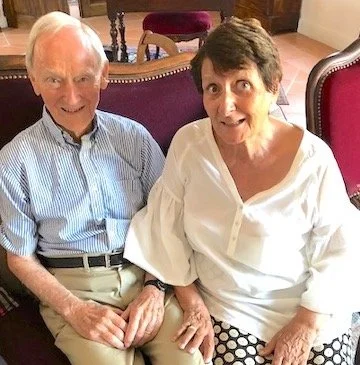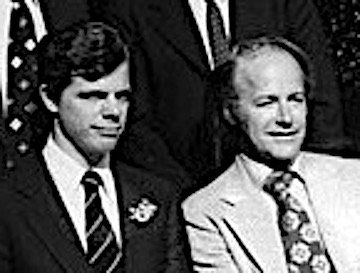Yannick Imbert, From Imagination to Faërie
For many the word “myth” means fable or fantasy. History is real, and a story is a story. Yannick Imbert would dispute that. And so would J. R. R. Tolkien, who is the subject of this wonderful book. The connection, surprisingly, between a mythic imaginary and the history of England was Tolkien’s life-long pursuit. Tolkien felt making a greater connection was overdue.
Readers and movie-goers may be surprised to discover such profundities. Their love of the stories, The Lord of the Rings and The Silmarillion will be greatly enhanced if they will take the time to delve into this book. Many of us have been bedazzled by Tolkien’s work. Counter-intuitively from a seemingly obscure career as a philologist with a strong interest in mythology he became a modern rock star, owing to the popularity of The Lord of the Rings. Names like Frodo, Gandalf and Sauron became household words. There is even a school in Washington called Rivendell. At least two of our friends named their daughters Eowyn. The story became a blockbuster film. Whence did this phenomenon arise? Yannick Imbert lets us know.
This study is not for the faint of heart. Dr Imbert takes us deep into the thought and background of Tolkien, nurtured by several influences, some of which may be unknown to modern readers. He introduces us to a few of the main inspirations on his views. Some of them are now forgotten Victorian language scholars. Friedrich Max Müller (1832-1930) is considered the father of the scientific theory of religion. Müller was concerned about the decline of piety and the rise of secularity in his day. While he never belittled the Bible, he had a keen interest in different religions, including Hinduism. He disparaged folklore as a “disease of language”. His significance for understanding Tolkien is his attention to language as a key to worldviews. One of his major critics was Andrew Lang (1844-1912) who believed that human reason would gradually triumph over mythic superstitions.
The more decisive influence on Tolkien was the unique Owen Barfield (1898-1997). Barfield is remembered as a close friend of C. S. Lewis, who led him to Christ, and a predominant member of the Inklings, the unique study group which read and analyzed manuscripts together for decades. His philosophy has it that language, myth and perception were originally one. Going further, he posited that the literal and the metaphorical means of language were originally inseparable. For example, the word pneuma meant, at once, breath, spirit, wind and principle of life (115). They subsequently became fragmented, and the mythologist must endeavor to discover their original unity. Thus, he strongly contested Müller. Though he accepted parts of evolutionary theory, he thought “primitive language” was just as rich, if not more so, than modern language.
The significance of the book’s title may puzzle readers unfamiliar with the tradition of fairy stories. Imagination is the human trait that connects ideas to reality. Faërie is the place where all good things happen.
Perhaps Dr. Imbert’s most significant contribution is to trace the influence of Thomas Aquinas on Tolkien’s approach. Tolkien was a strong Roman Catholic, and while he does not argue specifically about his theological views, it is clear that Thomas’ views on natural theology and his understanding of what Protestants call “general revelation” is palpable. His program of “subcreation” is very close to what Thomas says about the created replica of the divine model. He was in this close to his colleague C. S. Lewis, who, though, remained an Anglican.
Dr. Imbert has given us a major work of intellectual history. It answers many questions and raises a number of others. Why was there no tradition of English mythology before him? Why did Finland develop one of the richest? Is there any significant French mythic tradition? What exactly about Thomism can a French Protestant, like him, admire? Perhaps a second book is in the purview. Thank you for this first one, such an enlightening study.
William Edgar
Professor Emeritus of Apologetics
Westminster Theological Seminary
Professeur associé Faculté Jean Calvin










